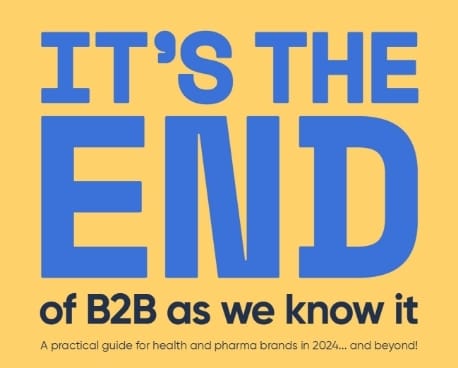Traditionally, healthcare organisations have seen a high degree of patient loyalty. Practitioners build up their practices over the course of a career, with family lines and locality often being a large factor when it comes to patient choice, espec
Going back a few decades, healthcare organisations received a high degree of patient loyalty due to factors like family connections and local proximity. In today’s ever-technological world, however, times have changed.
More and more patients are now heading online and using social media to determine which healthcare practices and organisations best meet their needs.
This has brought with it huge growth in the popularity of medical-specific forums like Doctify and HealthUnlocked, as well as general online communities like Mumsnet where thousands of users now share personal insights on a wide range of health-related issues.
Online reviews have also been shown to be make-or-break for practices in cases where patients are seeking private treatment, shining a spotlight on healthcare reputation management like never before.
In this blog post, join us as we highlight not only why it’s important to manage your practice’s online reputation but also how to do exactly that.
Online reviews are the new word of mouth
As a healthcare professional, you will likely be used to having control over many aspects of your work. But social bookmarking – where content is organically formed and shared online through the form of social media posts, blogs and forums – is an area where control is often limited.
To manage this effectively, take a positive stance and embrace online content. Adding reviews or your location to your Google Business Profile could act as an online word-of-mouth referral, benefitting your online reputation and helping you reach prospective patients.
Increased data transparency = increased risk
While the increased number of online platforms facilitating patient reviews is one of the key reasons behind this new era for healthcare reputation, developments in the collection and transparency of clinical outcome data have also contributed in a pretty big way.
The introduction of initiatives like the Private Healthcare Information Network (PHIN) and the use of patient-reported outcome measures (PROMs) has not only increased but improved data transparency, offering valuable insights into doctors’ clinical performance metrics and further highlighting the need for effective reputation management.
Negative reviews ruin reputations
In healthcare, negative reviews and new stories can have more of a significant impact than positive ones. Put simply, failing to act on any negative experiences shared online – either with you or about you – could seriously damage your reputation.
Even allowing negative news to be archived on media platforms can allow content to remain visible long after you have been cleared of any wrongdoing. Are you willing to accept that risk and potentially put off prospective patients as a result?
Medico Digital: a comprehensive reputation management solution
Here at Medico Digital, we understand the challenges healthcare professionals face in managing their online reputation.
Thanks to our team’s expertise in online media, social platforms, and legal knowledge, we can help doctors remove negative news stories from search engine results. By submitting a claim to the Information Commissioner’s Office (ICO), we can work on your behalf to remove any negative press articles written about you or your practice.
If you would like to find out more about the reputation management services we can offer, get in touch and a member of our friendly team would be happy to answer any questions or queries you might have.






